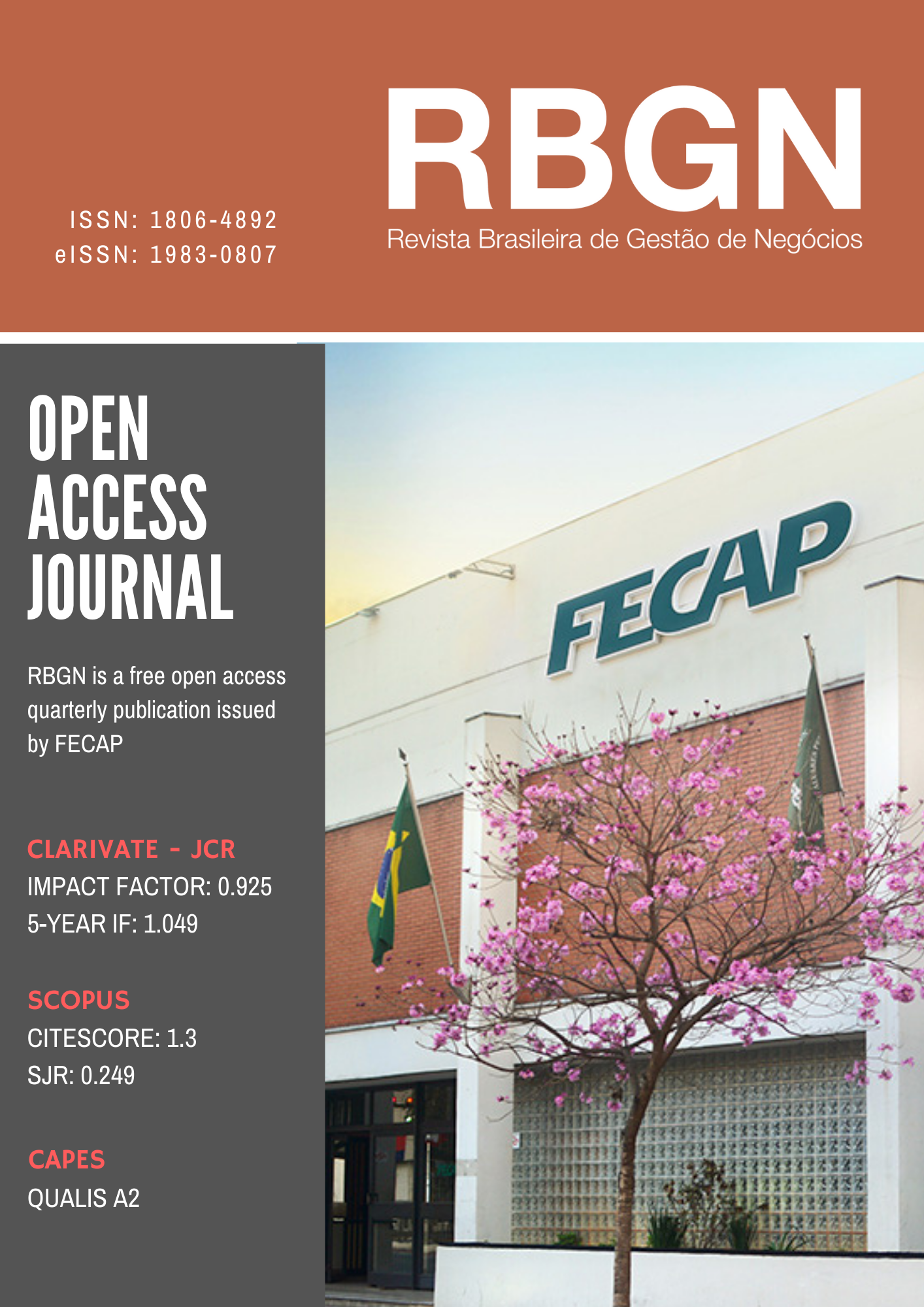Abstract
Purpose – To present and describe the Strategic Management of Organizational Resilience (SMOR) framework, as well as to analyze it based on the strategies used by four Brazilian organizations in this current time of intense vulnerability due to the worldwide pandemic triggered by COVID-19 at the beginning of 2020.
Theoretical framework – Organizational resilience and related management practices.
Design/methodology/approach –A literature review; bibliometrics relating to organizational resilience; the SMOR theoretical framework; an analysis of this framework within four Brazilian organizations, based on qualitative research and interviews, aiming to identify the strategic actions adopted by these organizations before and during COVID-19.
Findings – The organizations analyzed, which were different sizes and from different sectors, presented common points directly linked to the dimensions of SMOR: systematic analysis of scenarios; partnerships with stakeholders; systematic sharing of information; decision-making ability; financial management; rapid response and learning ability.
Practical & social implications – The research contributes to understanding how organizations can improve their culture of resilience and, therefore, deal more assertively with vulnerabilities and disasters of different natures. The COVID-19 pandemic has forced the world and organizations to reinvent themselves. In this context, the SMOR framework aims to provide a more detailed understanding of environmental risk / vulnerability management.
Originality/value – The SMOR framework helps organizations with different levels of complexity to understand their strengths and weaknesses, assess internal and external scenarios, and systematically analyze their processes, with the aim of strategically managing their respective resilience.
Keywords – Strategic management of organizational resilience, environmental variability and adversity, environmental uncertainty and risk, organizational adaptation and flexibility, COVID-19.
If a paper is approved for publication, its copyright has to be transferred by the author(s) to the Review of Business Management – RBGN.
Accordingly, authors are REQUIRED to send RBGN a duly completed and signed Copyright Transfer Form. Please refer to the following template: [Copyright Transfer]
The conditions set out by the Copyright Transfer Form state that the Review of Business Management – RBGN owns, free of charge and permanently, the copyright of the papers it publishes. Although the authors are required to sign the Copyright Transfer Form, RBGN allows authors to hold and use their own copyright without restrictions.
The texts published by RBGN are the sole responsibility of their authors.
The review has adopted the CC-BY Creative Commons Attribution 4.0 allowing redistribution and reuse of papers on condition that the authorship is properly credited.


